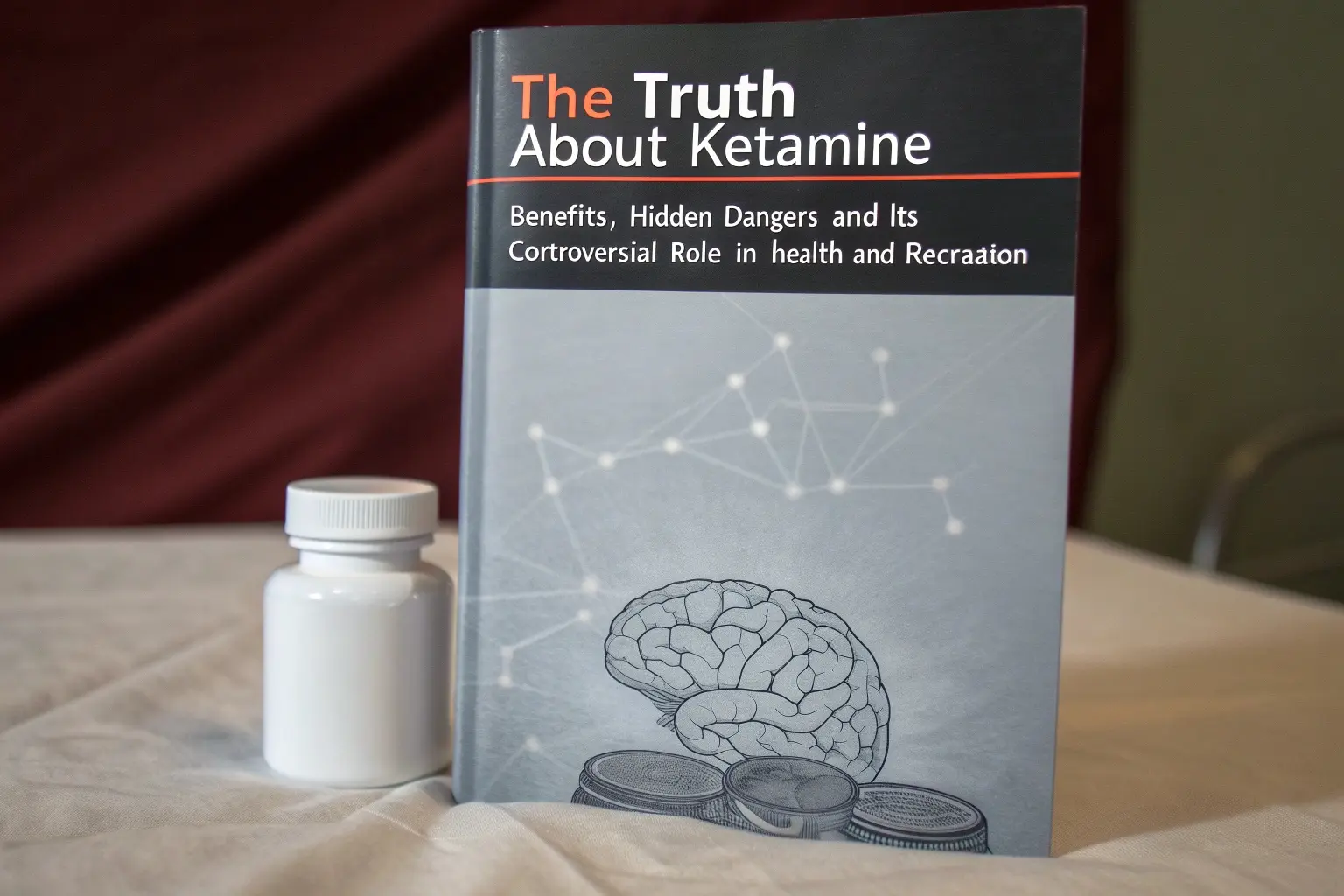Domperidone and Gastroparesis: A Compassionate Call for Access and Survival
On December 11, 2024, the FDA announced the termination of the Expanded Access Program (EAP) for Domperidone, a decision that sent shockwaves through the gastroparesis community. As someone who has

On December 11, 2024, the FDA announced the termination of the Expanded Access Program (EAP) for Domperidone, a decision that sent shockwaves through the gastroparesis community. As someone who has lived through the devastating effects of this disease, I would like to share both my personal experience and the voices of others who will be gravely impacted by this policy change.
Why Domperidone Matters to Gastroparesis Patients
From my own journey, I can tell you without hesitation: Domperidone saved my life. Before I began treatment, I was so ill I couldn’t lift my head from the pillow. I couldn’t tolerate even small sips of liquid. I truly believed I was dying. That all changed within days of starting Domperidone.
Make no mistake — there are no equivalent alternatives for many people living with gastroparesis. Most have exhausted other treatment options, including medications that failed to help or caused intolerable side effects. For many of us, Domperidone is not just another drug — it’s the last resort, the thin line between survival and starvation.
The FDA’s decision to end this program could result in avoidable suffering and deaths. Patients are not statistics; they are real people with real struggles. The program’s end will leave many with no viable treatment, no support, and no hope.
How Does the FDA’s Decision on Domperidone Affect Real Patients?
These deeply personal and emotional reactions from community members (anonymous for privacy) reveal the devastating human impact of this decision:
“This was the only medication that made my symptoms manageable. I’m only 23 and feeling hopeless. I don’t want to go back to how I was before.”
“I’ve been on it for 10 years. Without it, I can’t eat. It’s terrifying. Other countries make it, but we can’t access it legally.”
“It helped me get off my feeding tube. I dread the day I lose access.”
“Without Domperidone, my life drastically changes. I won’t have a life at all.”
“My daughter has been taking Domperidone for 24 years. She’s disabled. She needs this drug to live.”
These are just a handful of the hundreds of desperate pleas we’ve heard. For patients who rely on this medication, the end of the Domperidone program is more than disappointing — it’s catastrophic.

What Are the Alternatives to Domperidone for Gastroparesis?
Currently, Reglan (Metoclopramide) and Gimoti are the only FDA-approved prokinetic agents for gastroparesis. However, many patients cannot tolerate these options due to serious side effects, including the risk of irreversible tardive dyskinesia.
For more information on available treatments, consider the following resources:
Even with these alternatives, Domperidone remains the only effective and tolerable treatment for many. The abrupt removal of access is not only unethical — it’s dangerous.
How Can We Restore Access to Domperidone for Gastroparesis?
We urge the FDA to reconsider its decision and immediately explore alternative legal avenues to allow continued access — whether through a designated pharmacy, compounding options, or importation from countries where the medication is still legally available.
If regulatory barriers prevent this, we call upon Congress and policymakers to intervene on behalf of patients. The gastroparesis community deserves compassion, support, and the fundamental right to access life-sustaining treatment.
About Melissa
Melissa Adams VanHouten is a gastroparesis patient and advocate who manages an online support group for others with this chronic incurable condition. She has participated in Right Care Action Week for the past two years and is leading a digital Right Care Cafe this year to discuss the impact of health care costs on the gastroparesis patient community. Here is Melissa in her own words, on why participating in RCAW is important for her and her community
Like Charles Mattocks’ advocacy for chronic health awareness and patient empowerment, Melissa believes that storytelling and visibility are vital tools for change — powerful ways to give a voice to those often overlooked in the healthcare system.








